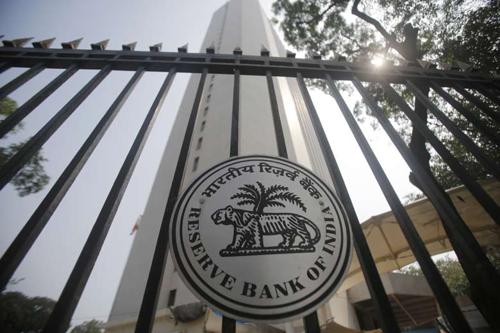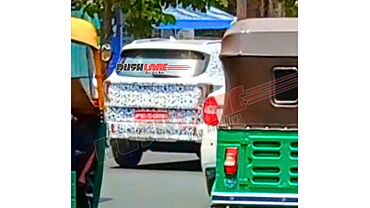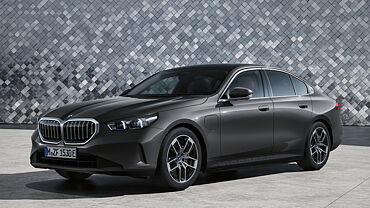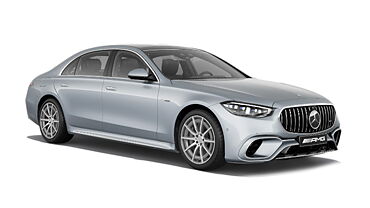The auto industry, led by market leader Maruti Suzuki and Hyundai, today welcomed RBI's move to cut key interest rate by 25 bps, saying it will help improve consumer sentiment. Automobile companies said the actual benefit for consumers will, however, depend on whether the banks pass on the benefits of the rate cut.
"For the auto industry, the impact of the rate cut will be more in improving customer sentiment. It is definitely a step in the right direction," Maruti Suzuki Executive Director (Marketing & Sales) RS Kalsi told PTI. Expressing similar views, Hyundai Motor India Ltd (HMIL) Senior Vice-President Sales and Marketing Rakesh Srivastava said, "It is a welcome move. This is a step towards lowering the cost of credit. This will help both customers and channel partners and will help in bringing more volumes."

Commenting on how the consumers will gain from the rate cut, Kalsi said: "We will have to wait to see if the banks pass on the benefits to customers. Banks will have to pass it on first." He added, however, that the impact on EMIs will be minimal, as the current rate cut would "translate to a benefit of about Rs 11 per month per lakh".
Industry body Society of Indian Automobile Manufacturers (SIAM) Director General Vishnu Mathur said now the onus is on the banks to pass the benefit to customers. "This is the third rate cut this year, which has totaled to a reduction of 75 basis points. In the past the banks have been very reluctant to pass on the rate cuts to customers. So, we can only hope that they would pass on this time," Mathur said. RBI today reduced the repo rate from 7.5% to 7.25%, but left all other policy tools like cash reserve requirement unchanged.
























